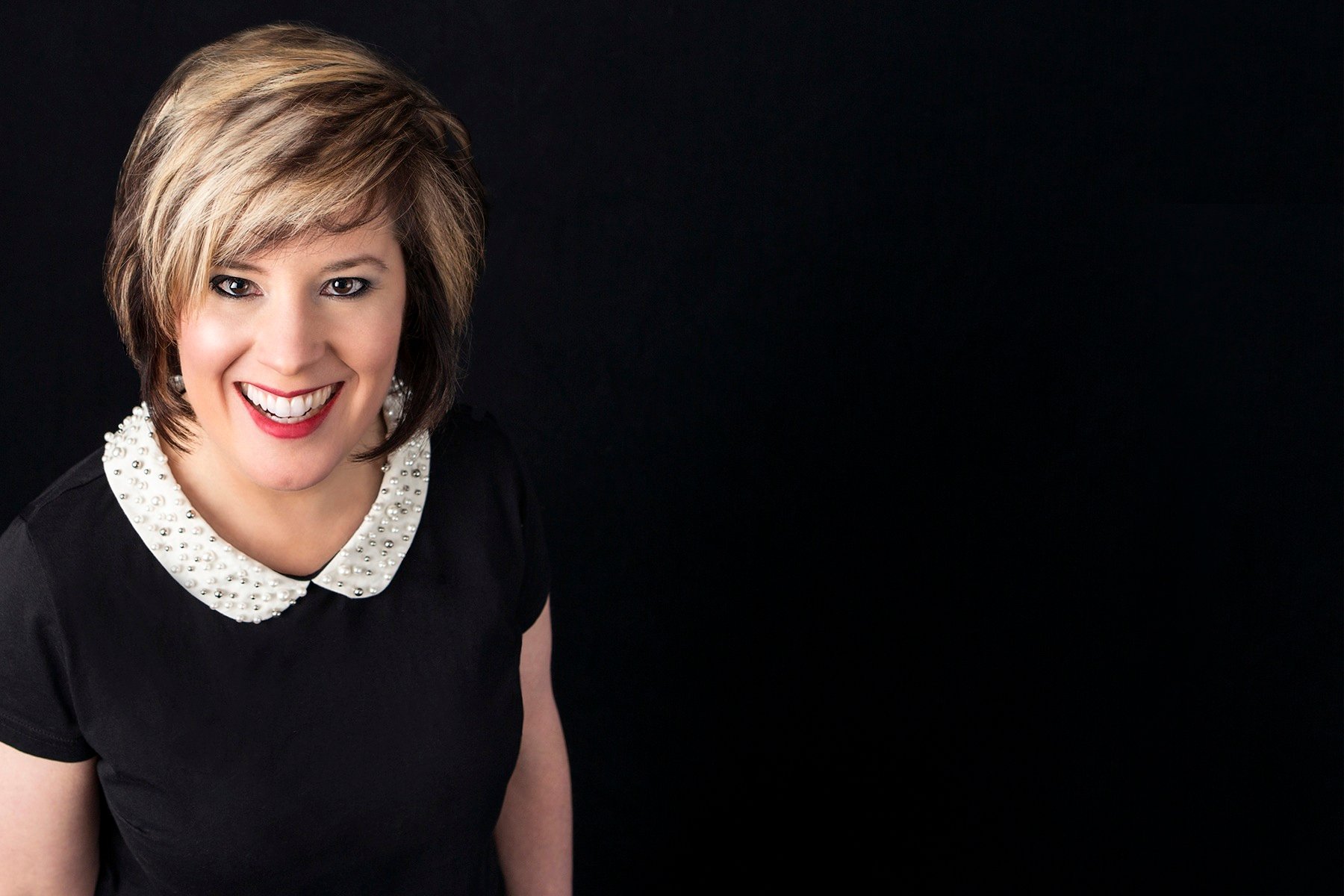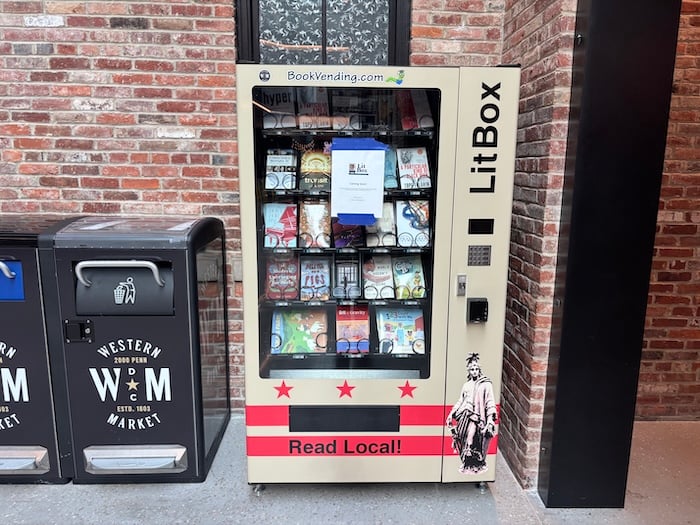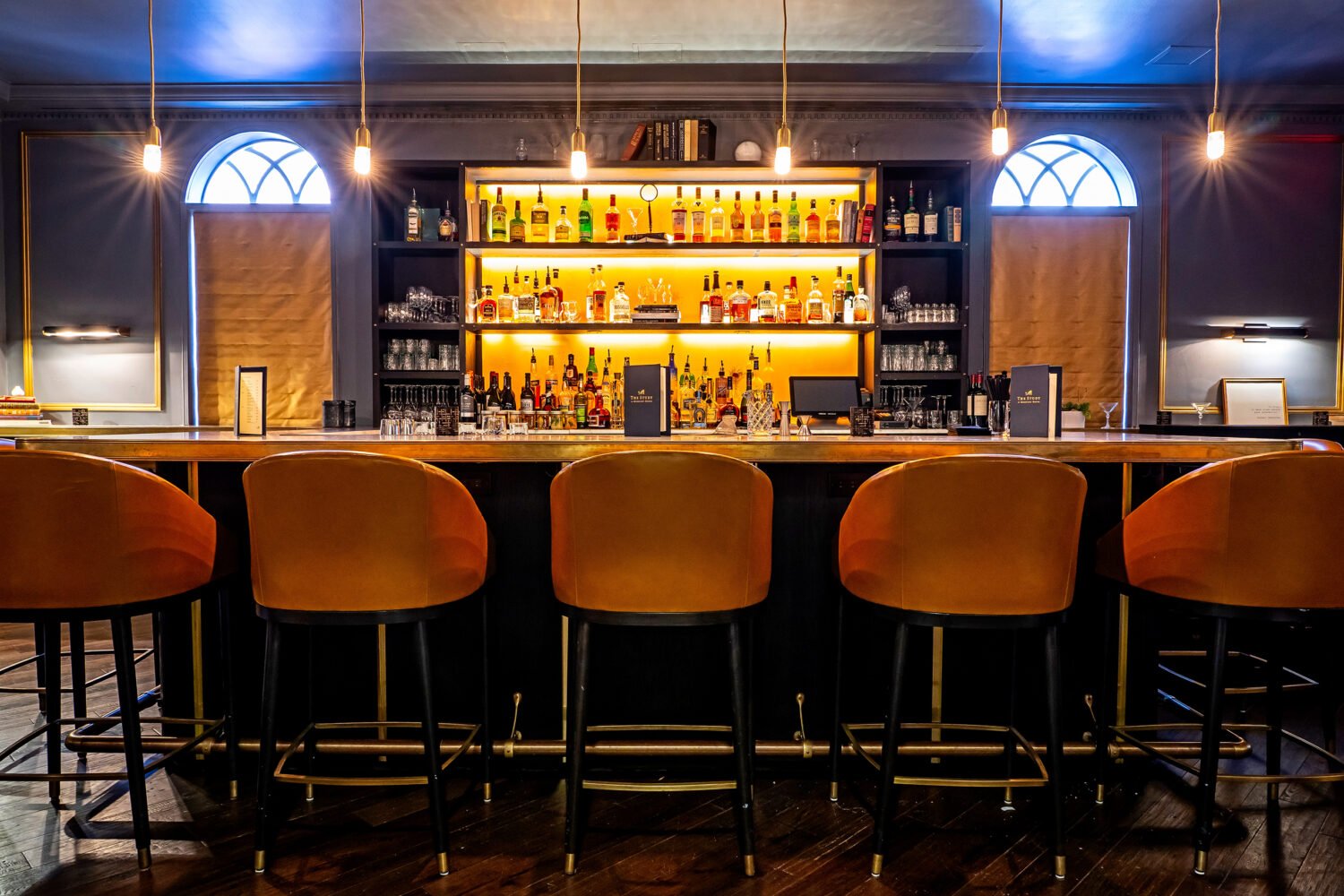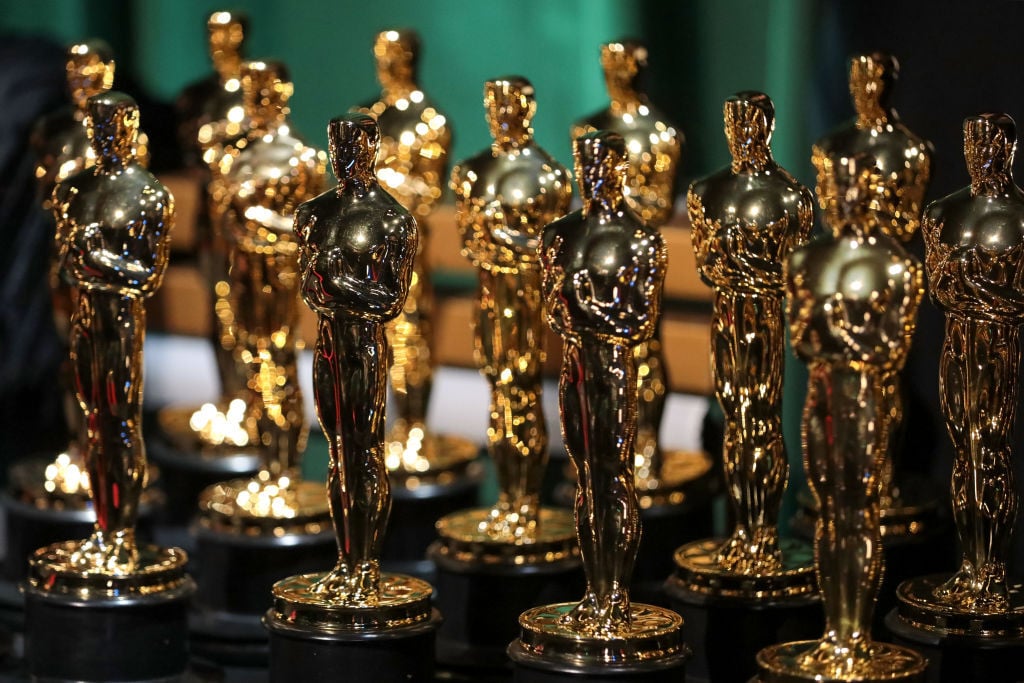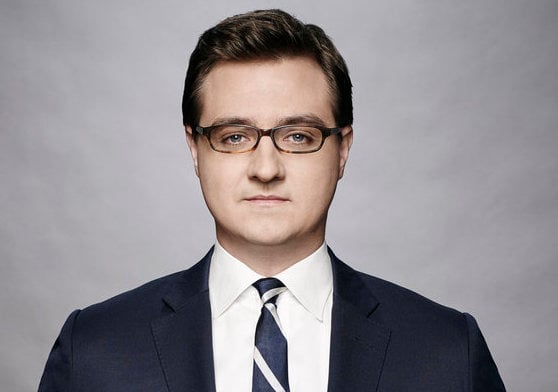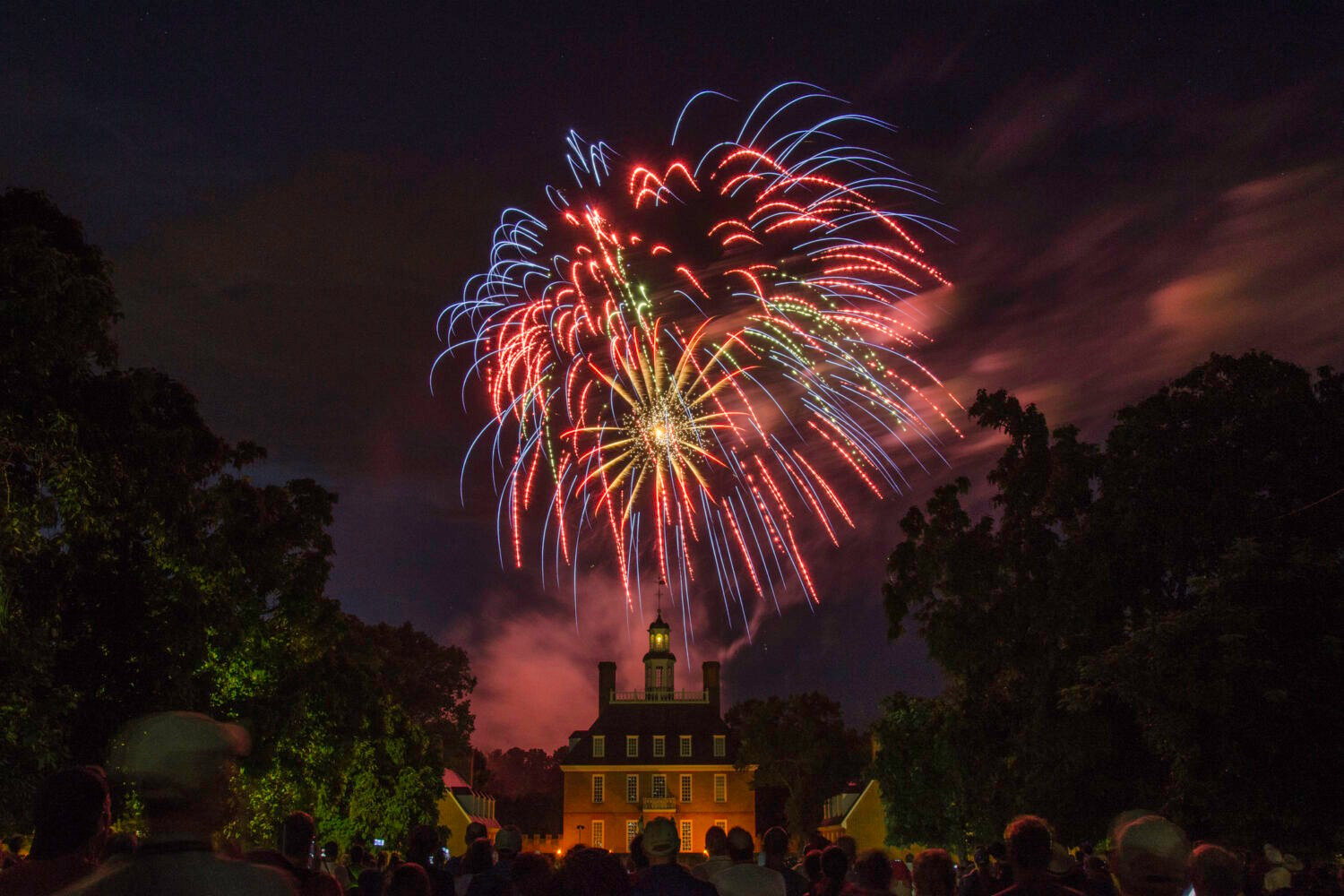After writing an oral history of Clueless‘s famous “suck and blow” scene for Vulture, former Washington Post columnist Jen Chaney decided to write a book on the classic ’90s teen movie. Released earlier this month in celebration of the film’s 20th anniversary, As If! reveals how close Dave Chappelle came to being cast and “keepin’ it real” as Murray and how much the movie owes to Jane Austen.
Chaney will be talking about the book this Saturday at Politics & Prose in Dupont Circle; you can also catch her at a screening of the film on July 16 at the AFI Silver Theatre and at the Newseum on July 25. Here’s a sneak peek of what Chaney learned in her reporting.
It seems like “Clueless” has aged really well. Why is it so enduring?
The basic narrative structure comes from a story [Emma, by Jane Austen] that is a classic, so there’s a certain timelessness about it. Then there are definitely things that really root it to the ’90s: references to Mentos commercials and Marky Mark that gives it that element of nostalgia. But you watch the movie now and you see Cher and Dionne on their phones while standing next to each other, or Cher and her dad and Josh all answering their phones at the same time. In 1995, that was kind of a hilarious joke; a very small percentage of Americans had cell phones at that point. And now that’s completely what our culture is like. So I think [writer and director] Amy Heckerling was able, probably by happy accident, to predict the way we conduct ourselves 20 years later. Even the way that Cher picks out her outfits at the beginning of the movie using her computer—that seemed completely insane in 1995, but now there are fashion apps that allow you to do exactly what she’s doing.
Do you think there’s something about teen movies in general—Clueless, Ferris Bueller’s Day Off, Mean Girls—that make people obsessive?
When Clueless came out, I was just out of college. For me, it was John Hughes movies—Ferris Bueller, The Breakfast Club—that came out at a really formative time. There was a point where I could pretty much recite The Breakfast Club from beginning to end because I watched it so frequently. I think there were a lot of people who would come home from school everyday and watch Clueless. And when you repeatedly watch something, especially at that time of your life, as strange as it sounds, the experience of actually going to school and living your own life sort of becomes intertwined with it–with the experience of watching these other people in high school in those movies. They sort of embed themselves in your subconscious, so when you watch The Breakfast Club or Clueless it takes you back to that time a little bit.
From a Hollywood perspective, how important was Clueless in showing that you could adapt an Austen novel into a blockbuster?
There were a ton of Jane Austen adaptations happening in that time period, but with the exception of Clueless, all of them were pretty traditional. At least in mainstream pop culture, there really hadn’t been a modern take on Jane Austen. Now, 20 years later, that kind of thing has been done a million times. I think Amy Heckerling was kind of at the forefront of using Austen as a foundation for a contemporary story.
But there were many people who had no idea it was based on Emma and still have no idea it was based on Emma. The studio didn’t really play that up. It wasn’t something they necessarily saw as a selling point. Also, they were really going after the teenage market, and saying “Hey, it’s Jane Austen!” wasn’t necessarily going to play with 14- and 15-year-olds who watched MTV.
Even Paul Rudd said he was standing on set one day when one of the producers said “Isn’t it great this is based on Emma?” and he just said “Yeah.” He was like, “I had no idea it was based on Emma.”
The first part of your book delves into the casting process, talking about how future stars like Gwyneth Paltrow and Angelina Jolie were considered for the movie. Was it surprising to see how different the cast could have been?
It was mind-blowing. Dave Chappelle—he never auditioned, but Amy had seen him in Men in Tights and thought he was really funny and talked to [director] Mel Brooks about him. She had coffee or a bite to eat with him and decided he’s probably a little too edgy for what we want Murray [Dionne’s boyfriend, played by future Scrubs star Donald Faison] to do. I would love to see a cut of Clueless with Chappelle in it. Even though Donald Faison is great, it would be hilarious to watch that. But Norman Reedus from The Walking Dead? Zach Braff? Jeremy Renner? Obviously they’ve gone on to do other things with their careers, but it’s kind of funny that they were all involved in that conversation.
How has the process of making a movie changed? Would Clueless’s production be very different if Amy Heckerling tried to make the movie today?
My impression was that both producer Scott Rudin–and even more so the studio–let Amy do whatever she wanted to do and fulfill her vision. Sherry Lansing, the head of Paramount at the time, didn’t even have notes for Amy after she saw the movie: She just said, “This is great.” I think that sort of thing is much rarer now. Often, studios are trying to micromanage, more so now than they would have 20 years ago. It’s harder for someone to do a movie like this and really see it all the way through the way they envisioned it, and that’s something Amy was able to do. I’m not sure she would have as easy of a time doing it today as she did then.

